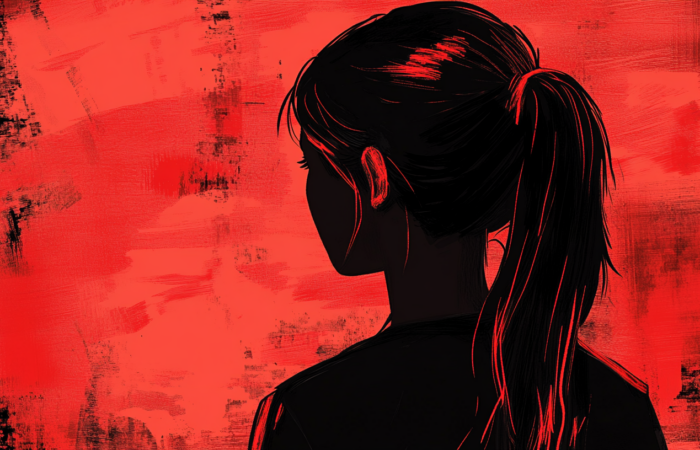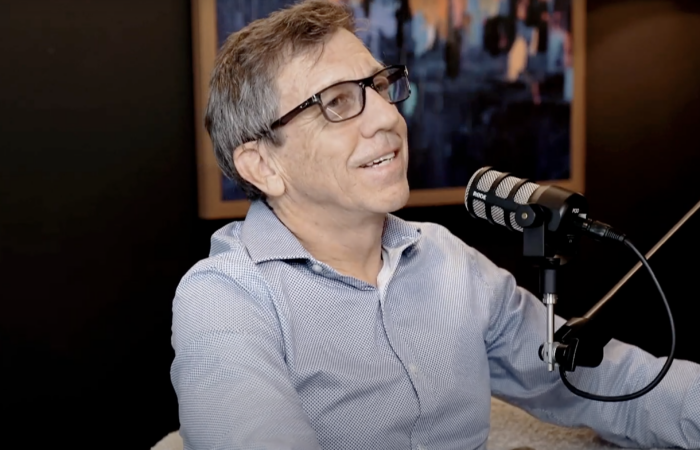In a world where social media constantly evolves, parents face a growing challenge: the normalization of online sexual exploitation through platforms like OnlyFans. What began as a subscription-based content service has morphed into a thriving adult industry that’s increasingly targeting younger demographics. The lines between innocent content creation and exploitation have never been more blurred, placing our children at unprecedented risk.
The Unsettling Rise of OnlyFans and Its Appeal to Teens
OnlyFans has experienced explosive growth since 2020, boasting over 170 million users and more than 1.5 million content creators. While the platform officially requires creators to be 18+, its influence extends far beyond its digital borders, creating a cultural phenomenon that’s reaching impressionable teens through mainstream social media sites like Instagram, TikTok, and Snapchat.
Rapid growth and acceptance of sites like OnlyFans amongst teenagers should be disturbing to you, here’s why people aren’t sounding the alarm.
Many parents and even teens misunderstand what OnlyFans truly is. Despite attempts to rebrand itself as a platform for all creators, OnlyFans remains primarily adult-content focused, with the vast majority of its revenue coming from explicit material. This misperception creates dangerous confusion, as teens may view it as just another content platform like TikTok or Instagram.
The reality is starkly different. Unlike mainstream social media, OnlyFans operates on a subscription model where followers pay to access content—with the most lucrative content being explicit in nature. This creates a financial incentive system that pushes creators toward increasingly explicit content to remain competitive and profitable.
The Financial Reality vs. The Dream
The narrative promoted by OnlyFans success stories is compelling but deeply misleading. Headlines about creators making millions create a distorted perception of typical earnings. Studies show the average OnlyFans creator makes approximately $180 per month, with the top 1% of accounts earning 33% of all revenue on the platform.
What isn’t widely discussed is how this economic structure encourages escalation. As creators discover that more explicit or extreme content generates higher revenue, many find themselves producing content they never initially intended to make—all in pursuit of the financial success they were promised.
How Recruiters Target Teenagers Through Social Media
The pipeline from mainstream social media to adult content creation is increasingly sophisticated, with recruiters employing targeted strategies to reach teens.
Content Houses and Aspirational Marketing
“Content houses” like Bophouse market to teen audiences, showcasing lavish lifestyles supposedly funded by OnlyFans success. These operations feature young-looking women who travel, purchase luxury items, and live enviable lives—all attributed to their OnlyFans “careers.”
This creates a dangerous narrative for teenagers: that OnlyFans offers a quick path to wealth, independence, and status. The carefully curated social media presence of these content creators deliberately masks the reality of exploitation that often occurs behind the scenes.
Direct Recruitment Tactics
Recruiters have developed sophisticated approaches to target potential young creators:
- Commenting on teenagers’ social media posts with flattering remarks about their appearance, followed by promises to “help them monetize their following”
- Creating TikTok and Instagram content that frames adult content creation as “empowering” and “entrepreneurial”
- Offering “management services” that claim to help newcomers navigate the platform—while often pushing them toward more explicit content
- Using peer recruiters—other young creators who appear to be thriving—to normalize the path into exploitation
The Profound Damage of Early Exposure to Adult Content Creation
The consequences of OnlyFans culture on young people extend far beyond the immediate risks, creating lasting trauma that can take years to process.
Psychological Impact
Mental health professionals are increasingly raising alarms about the psychological damage caused by early involvement in adult content creation:
- Identity formation issues when self-worth becomes tied to sexual performance and validation
- Trauma bonds that form between young creators and those who exploit them
- Disconnection from healthy relationship development during critical years
- Shame cycles that can lead to depression, anxiety, and substance abuse
Long-Term Consequences
Whistleblowers from within the industry are beginning to speak out about the long-term effects that aren’t disclosed to young creators:
- Professional consequences when explicit content resurfaces years later
- Difficulty transitioning to conventional employment
- Relationship challenges stemming from traumatic experiences
- The psychological impact of having permanent, unretractable content circulating online
What Parents Can Do: Protection Strategies
As parents, proactive education and open communication are our strongest tools against the growing influence of exploitative platforms.
Start Conversations Early and Often
Create ongoing dialogues about online safety that grow in sophistication as your children mature:
- For younger children: Focus on basic internet safety and the concept of private information
- For tweens: Discuss how online platforms make money and the concept of exploitation
- For teens: Have direct conversations about OnlyFans and similar platforms, explaining the realities behind the glamorized marketing
Implement Digital Safeguards
While technical solutions aren’t perfect, they provide an important layer of protection:
- Use parental controls on all devices to restrict access to adult content
- Consider monitoring software that alerts you to concerning online activities
- Regularly review app downloads and browser history
- Set clear boundaries around privacy and social media use
Teach Media Literacy
Help your children develop critical thinking skills to analyze the content they consume:
- Discuss how social media presents distorted realities
- Analyze advertisements and influencer content together to identify manipulation tactics
- Teach them to question stories that seem too good to be true
- Help them understand how exploitation is often repackaged as “opportunity”
Focus on Worth and Dignity
Perhaps most importantly, reinforce your child’s inherent value beyond their appearance or social media presence:
- Affirm their worth based on character, values, and non-physical attributes
- Discuss healthy relationships and boundaries
- Provide alternative paths for financial independence and success
- Create spaces where they can develop skills and confidence apart from online validation
Conclusion
The growing influence of OnlyFans culture represents one of the most significant threats to young people’s healthy development in the digital age. By understanding the tactics used to normalize exploitation, parents can equip themselves and their children with the knowledge and skills needed to recognize and resist these influences.
As we navigate this challenging landscape, our commitment to open communication, education, and affirming our children’s inherent dignity becomes more crucial than ever. Together, we can help the next generation develop a healthy relationship with technology while protecting them from those who would exploit their vulnerability for profit.






